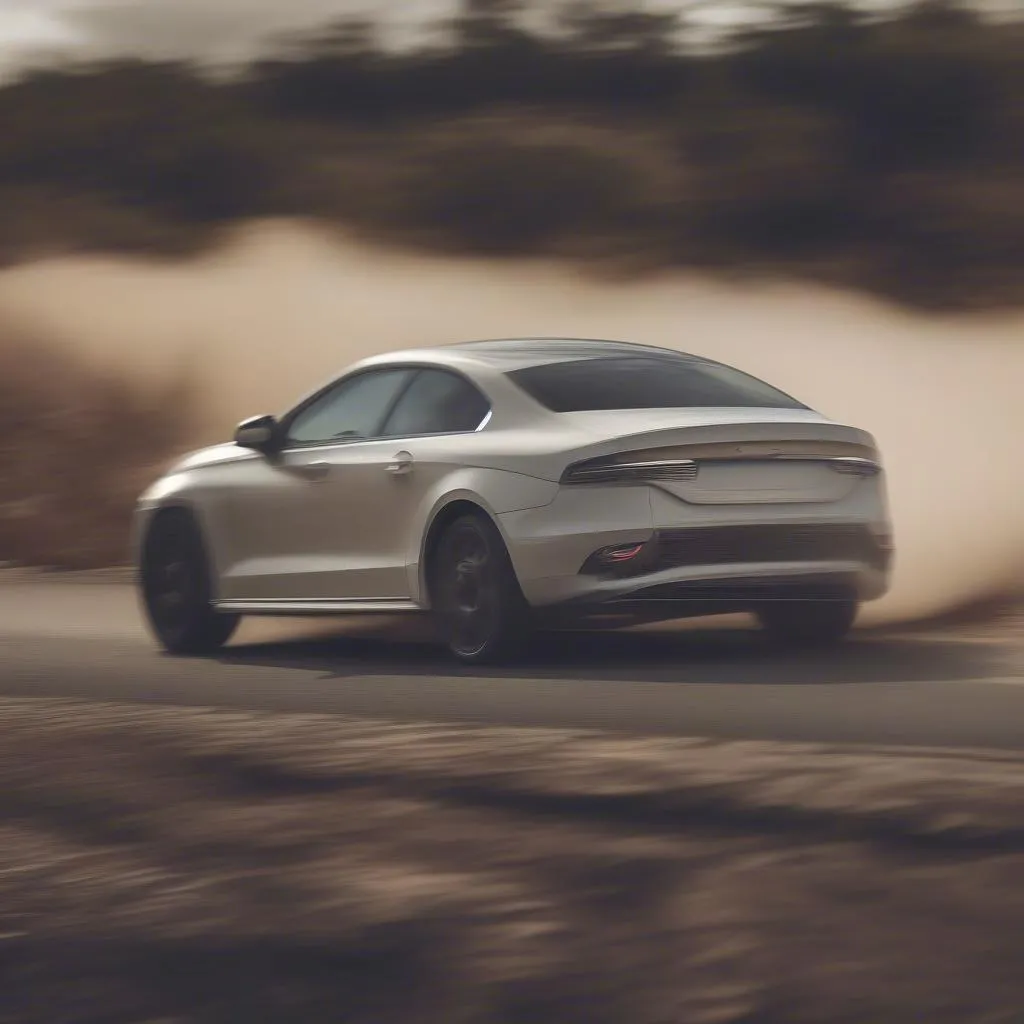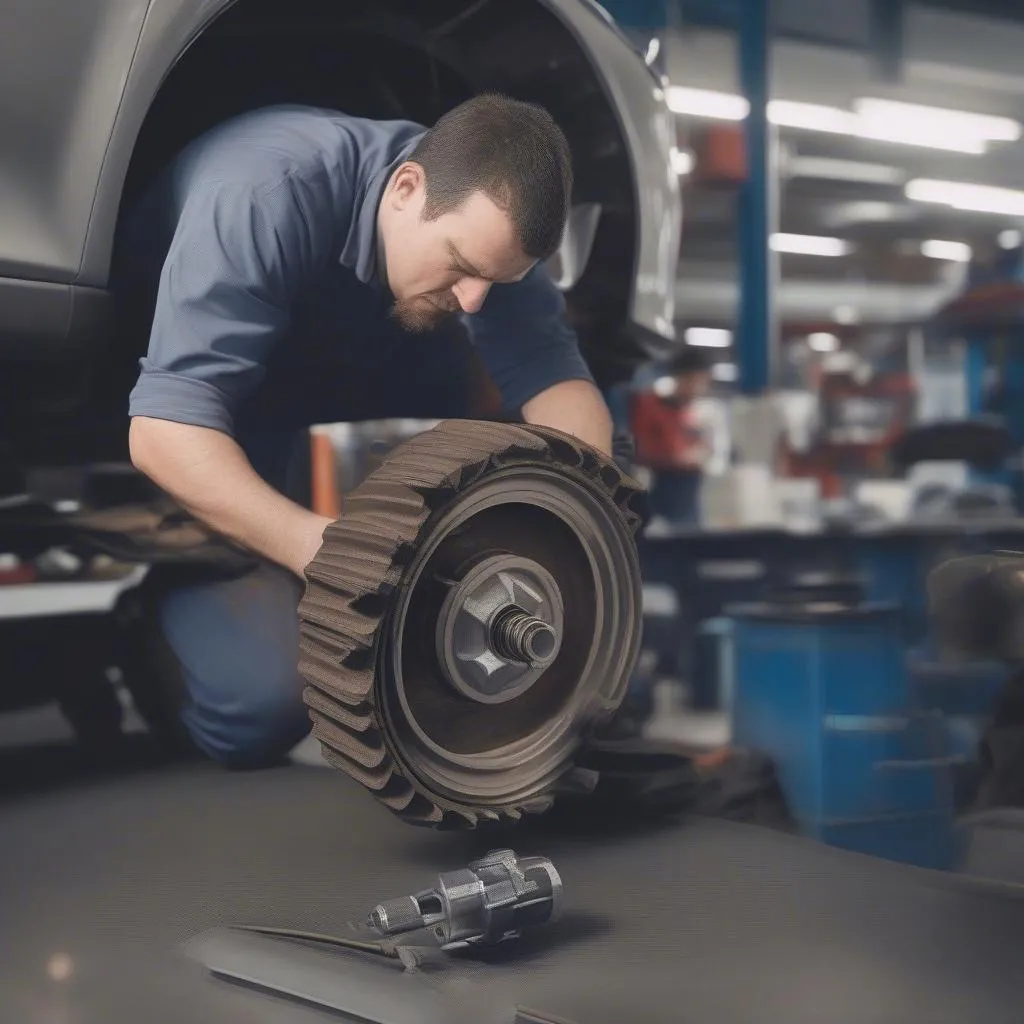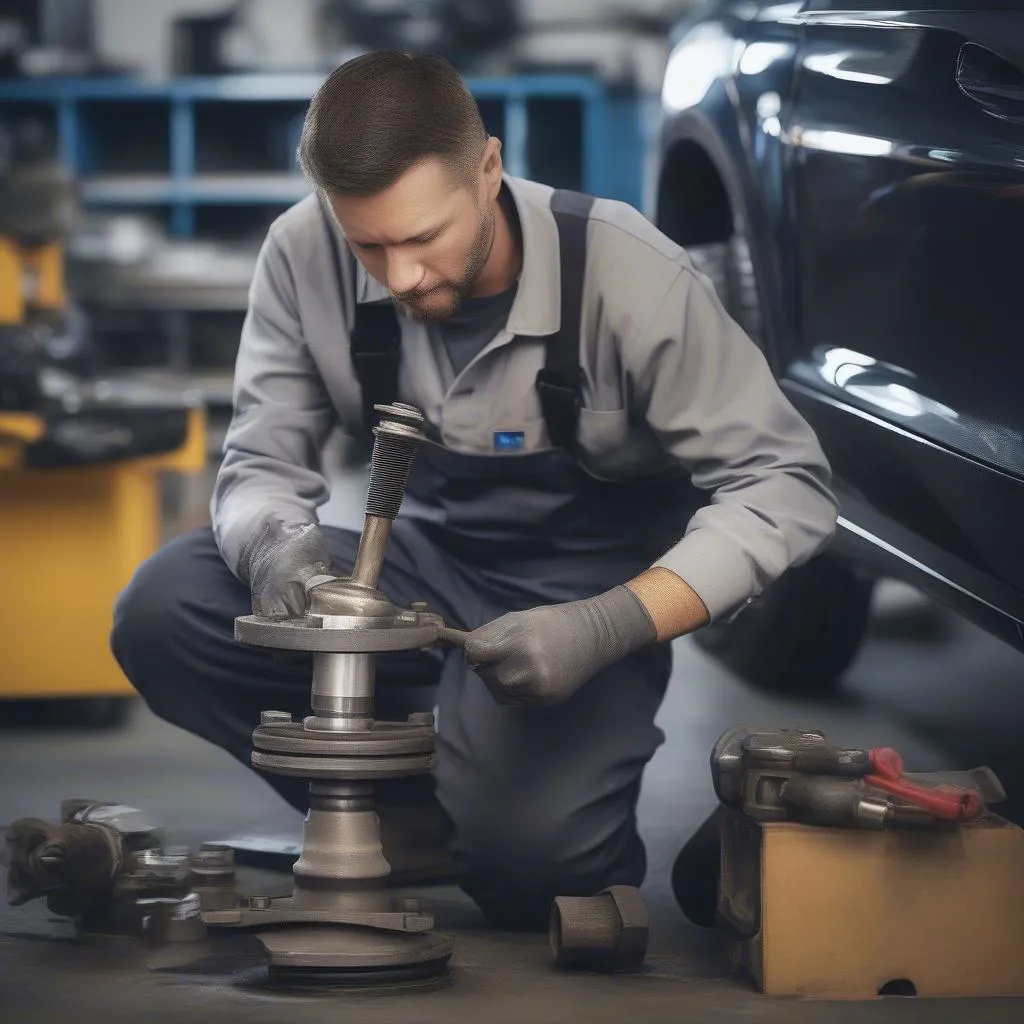Imagine driving down a winding road, the sun shining, and the wind in your hair. Suddenly, you hear a clicking sound coming from your car’s front wheels. What’s happening? It’s possible that your CV joints are experiencing issues. Let’s dive deeper into the world of constant velocity (CV) joints to understand what they are, how they work, and why they’re so important.
What Are Constant Velocity (CV) Joints?
CV joints are essential components in front-wheel drive and all-wheel drive vehicles. They are responsible for transmitting power from the transmission to the wheels while allowing the wheels to move up and down and turn.
Why Are CV Joints Important?
Imagine a car going around a corner. The wheels need to turn at different speeds to maintain traction. This is where CV joints shine. They allow the wheels to rotate at different speeds while still transmitting power smoothly. This is crucial for maintaining a smooth ride, especially in tight corners.
Technical Breakdown:
-
CV joints use a system of ball bearings and cages to allow for movement in multiple directions. This design allows the joints to handle the changing angles of the wheels as they turn.
-
They are designed to withstand high stresses and loads. This is important because they are constantly under stress from the weight of the car and the power being transmitted through them.
-
CV joints are vital for steering and cornering. They allow the wheels to turn smoothly and efficiently, making it easier to handle the car and maintain control.
Real-World Application:
Think of a car driving through a bumpy road. The wheels are constantly moving up and down, and the CV joints are ensuring that power is transmitted smoothly throughout these movements.
 CV Joint Car Driving on Bumpy Road
CV Joint Car Driving on Bumpy Road
Common Problems With CV Joints
CV joints are designed for long-term durability, but they can eventually wear down over time.
Here are some common issues:
-
Torn Boots: The boots protect the joints from dirt and debris. If a boot is torn, dirt and moisture can enter the joint, causing damage and wear.
-
Clicking or Popping Sounds: These sounds indicate a problem with the joint itself. It may be worn out, or the bearings may be damaged.
-
Vibration: A worn CV joint can cause a vibration, especially when accelerating or turning.
-
Uneven Tire Wear: If a CV joint is damaged, it can cause the wheels to turn at different speeds, leading to uneven tire wear.
Maintaining Your CV Joints
Here are some tips to help you maintain your CV joints:
-
Regular Inspections: Make sure to check your CV joints regularly for any signs of damage or wear.
-
Replace Worn Boots: If the boot is torn, replace it immediately to prevent damage to the joint.
-
Use Quality Fluids: The correct type and amount of lubricant can significantly increase the life of your CV joints.
-
Don’t Drive On Rough Terrain: If you drive on rough terrain, your CV joints are under more stress.
 CV Joint Maintenance Inspection
CV Joint Maintenance Inspection
FAQs:
Q: What are the signs of a bad CV joint?
A: Some common signs of a bad CV joint include a clicking or popping sound when turning, a vibration in the steering wheel, and uneven tire wear.
Q: How often should I inspect my CV joints?
A: It’s best to inspect your CV joints at least once a year. Look for any signs of damage, such as torn boots, cracks, or leaks.
Q: How much does it cost to replace a CV joint?
A: The cost of replacing a CV joint can vary depending on the make and model of your car, the location of the joint, and the labor costs in your area.
Q: Can I replace a CV joint myself?
A: It’s possible to replace a CV joint yourself, but it is a difficult job that requires specialized tools and skills. It’s best to leave this job to a qualified mechanic.
Conclusion:
CV joints are critical components in any front-wheel drive or all-wheel drive vehicle. By understanding how they work and how to maintain them, you can ensure that your car runs smoothly and safely.
Don’t hesitate to contact us if you have any further questions about CV joints or need help with your vehicle’s electrical systems.
Contact us at +84767531508 for expert assistance with diagnostics and repairs.
 CV Joint Expert Mechanic Repair
CV Joint Expert Mechanic Repair